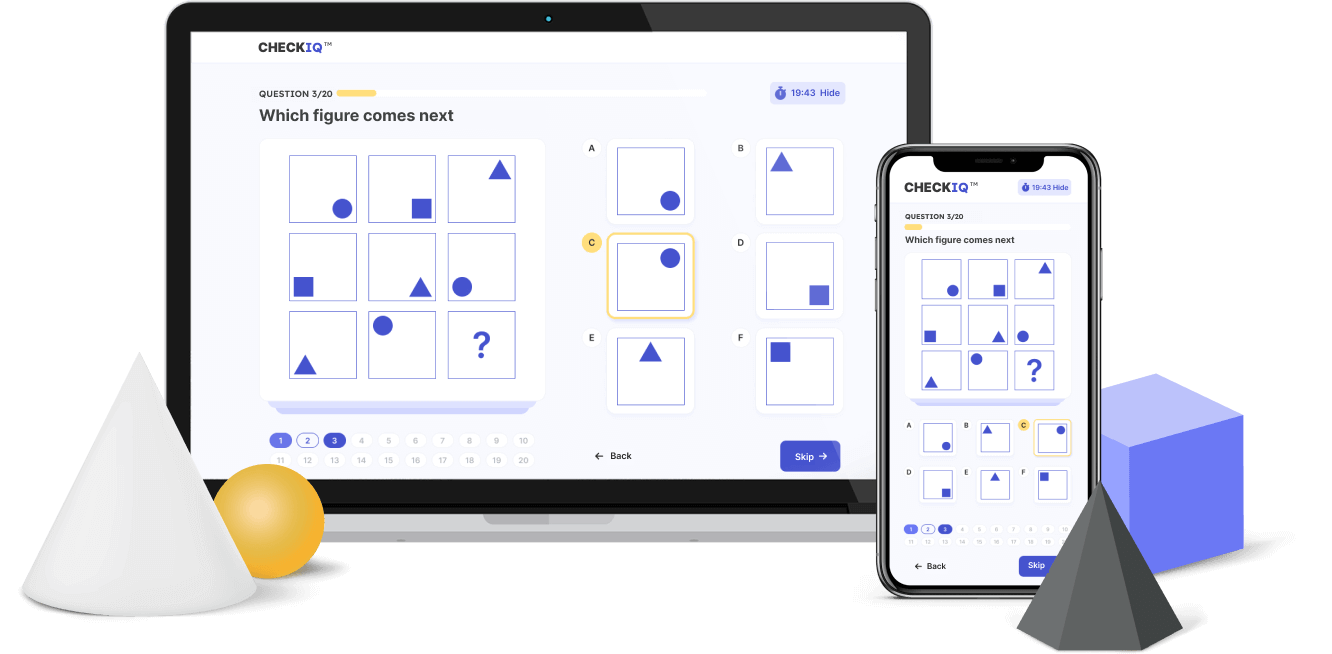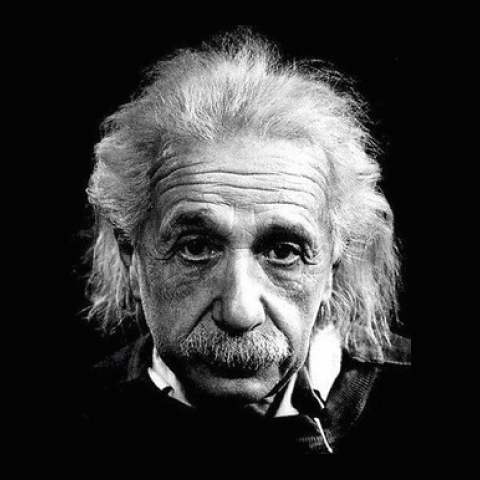Einstein Had an IQ of 160 According to Most Sources
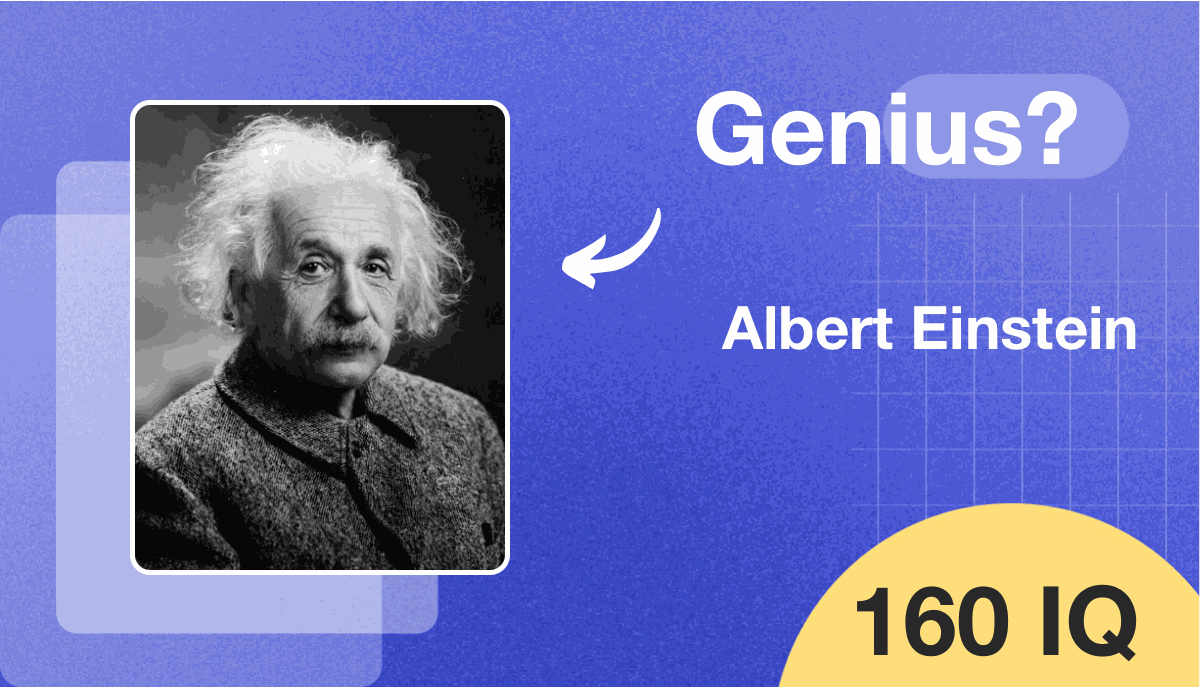
Albert Einstein, known worldwide as a genius, is one of history's most famous theoretical physicists. He developed the theory of relativity, a key foundation in modern physics, and made significant contributions to quantum mechanics and cosmology. Born in Germany in 1879, his curiosity about the universe drove him to incredible scientific heights. His famous equation, E=mc^2, is a cornerstone in understanding energy and matter. With an estimated IQ level of 160, Einstein's legacy goes beyond academia, symbolizing ultimate intellectual achievement.
Einstein’s work in general relativity laid the foundation for understanding black holes. Many peers, including Einstein, initially resisted the idea of their existence, finding black holes too strange and unsettling despite the theoretical underpinnings being established as early as 1916. Einstein's reluctance to accept black holes marked a significant stance in his scientific journey.
In 1939, Einstein wrote a crucial letter to President Franklin D. Roosevelt, warning him about Nazi Germany's potential to develop nuclear weapons. This letter spurred the U.S. government to initiate research, leading to the Manhattan Project and changing the course of history with the development of atomic bombs.
Einstein's theories have stood the test of time. Recent studies using data from over 1,500 supernovae confirm his predictions about time dilation. Time slows down for objects moving at extremely high speeds, a prediction from his special theory of relativity, continuing to be validated by modern science.
Einstein attributed much of his success to intense curiosity. He once said, "I have no special talents. I am only passionately curious," highlighting how a relentless quest for knowledge drove his discoveries. Curiosity, as he believed, is a trait everyone can cultivate to enhance understanding and creativity.
Albert Einstein's life and work remain a testament to the power of intellectual curiosity and perseverance. His theories and discoveries have not only shaped our understanding of the universe but also continue to inspire generations of scientists and thinkers.
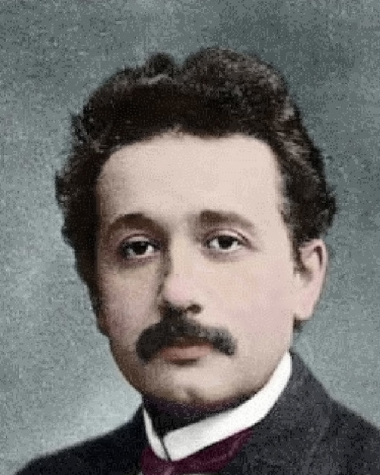

Average Confidence Level
HighWe relied on findings by Biography, Reader's Digest, The Times of India and USA Today to estimate Albert Einstein's IQ.
 Confidence Level: High
Confidence Level: High
 Confidence Level: High
Confidence Level: High
 Confidence Level: High
Confidence Level: High
 Confidence Level: High
Confidence Level: High
5 Facts That Show Albert Einstein's Genius IQ
- Theory of Relativity: Albert Einstein revolutionized physics with his theory of relativity. His concepts of time and space challenged conventional views and reshaped our understanding of the universe. Lesser known, Einstein was also a talented violinist!
- Nobel Prize Winner: In 1921, Einstein was awarded the Nobel Prize in Physics for his discovery of the photoelectric effect. This achievement cemented his status as a leading mind in scientific research.
- E=mc^2: Einstein’s equation, E=mc^2, became one of the most famous equations in the world. The equation illustrated the equivalence of mass and energy, a principle critical to nuclear physics.
- Quantum Theory Contribution: Einstein made significant contributions to early quantum theory, particularly with his explanation of the photoelectric effect. The photoelectric effect played a crucial role in quantum mechanics' foundation.
- Influential Papers: In 1905, known as his annus mirabilis, Einstein published four papers that changed the course of physics, covering photons, Brownian motion, the theory of relativity, and energy equivalence.
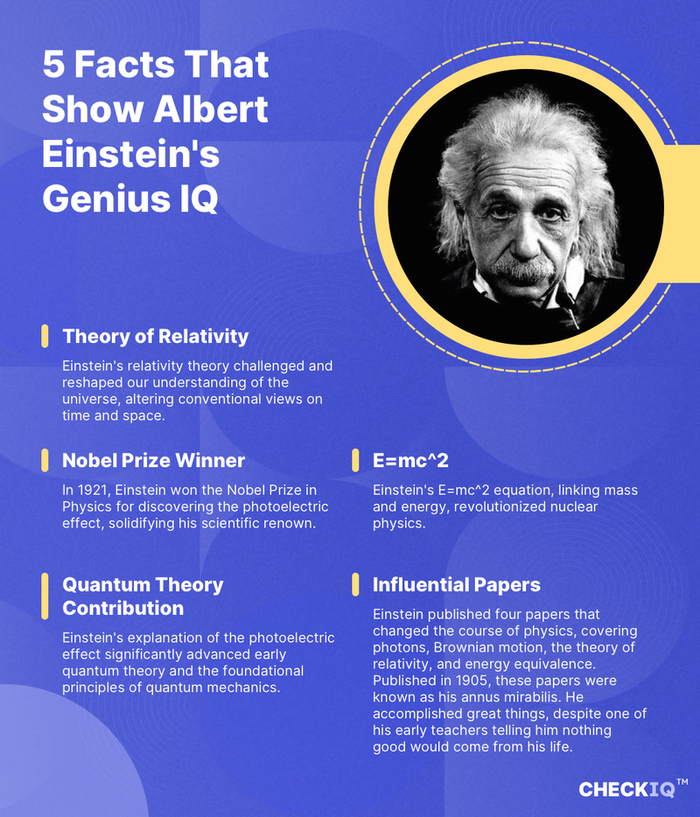
Try our accurate online IQ Test. Get your IQ score immediately.
Start IQ Test
How Does Albert Einstein's IQ Compare to Other People?
Albert Einstein is often presented as a symbol of intelligence, largely due to his groundbreaking contributions to science and his remarkable cognitive abilities. With an IQ of 160, he ranks among the elite, a range achieved by only 0.003% of the population – that's 1 in 33,333 people! This is the level of score that meets the entry thresholds for Mensa, Intertel, and the Triple Nine Society, all very exclusive high IQ clubs.
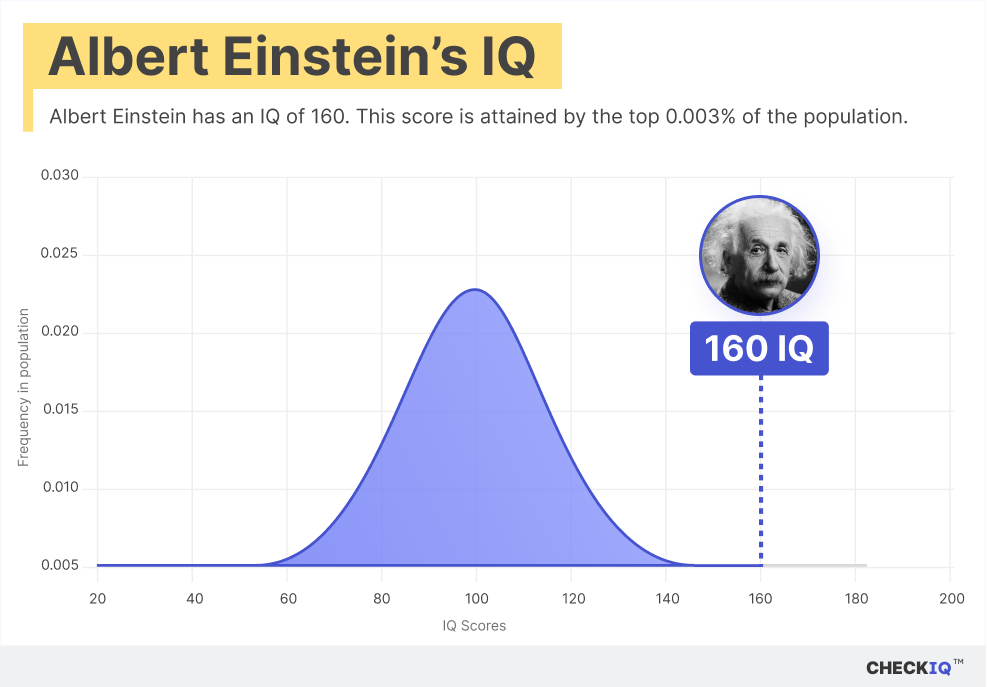
Ranking Albert Einstein's IQ Among Scientists
Albert Einstein's IQ of 160 places him among the giants of intellectual achievement.
Interestingly, though Einstein's IQ was impressive, some believe that William James Sidis, who had an estimated IQ between 250 and 300, surpassed even his. Sidis, a child prodigy who enrolled at Harvard at age 11, was touted as the smartest person ever, though his brilliance came with a tragic story.
Moving on from this segue, Sidis is not the only intellectual with an IQ greater than Einstein's. This is particularly true among fellow scientists.
When you look at individuals like Terence Tao, with an IQ of 227, it's clear that intellectual brilliance spans a vast spectrum. Tao, a child prodigy, excelled in mathematics from a young age and contributed to areas that Einstein never touched.
Similarly, Kim Ung-Yong commands attention with an IQ of 210, marking him as one of the smartest people alive. Ung-Yong's early mastery of multiple languages and physics showcases a mind at work in ways that differ from Einstein’s theoretical pursuits.
Meanwhile, J. Robert Oppenheimer rings in with an IQ of 145. This theoretical physicist played a pivotal role in developing the atomic bomb, straddling practical and theoretical physics realms.
Next let's talk about Edward Witten. His contributions to string theoryunderpinned by his IQ of 191, continue to influence modern physics. He explored dimensions Einstein theorized about.
Lastly, Leibniz’s IQ of 190 reminds us of the breadth of human intellect across centuries, his work laying foundations in both mathematics and computer science.
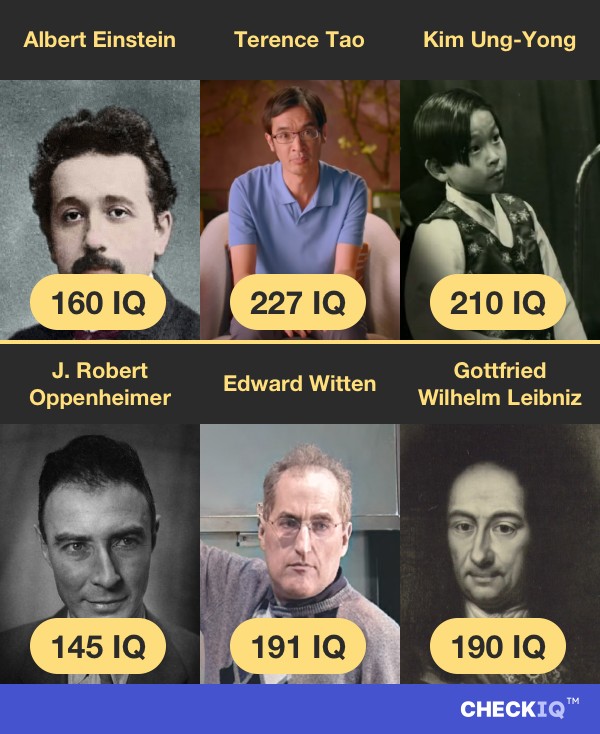
Do you see Albert Einstein's IQ as an asset or just a number? Join the dialogue in the comments section below!
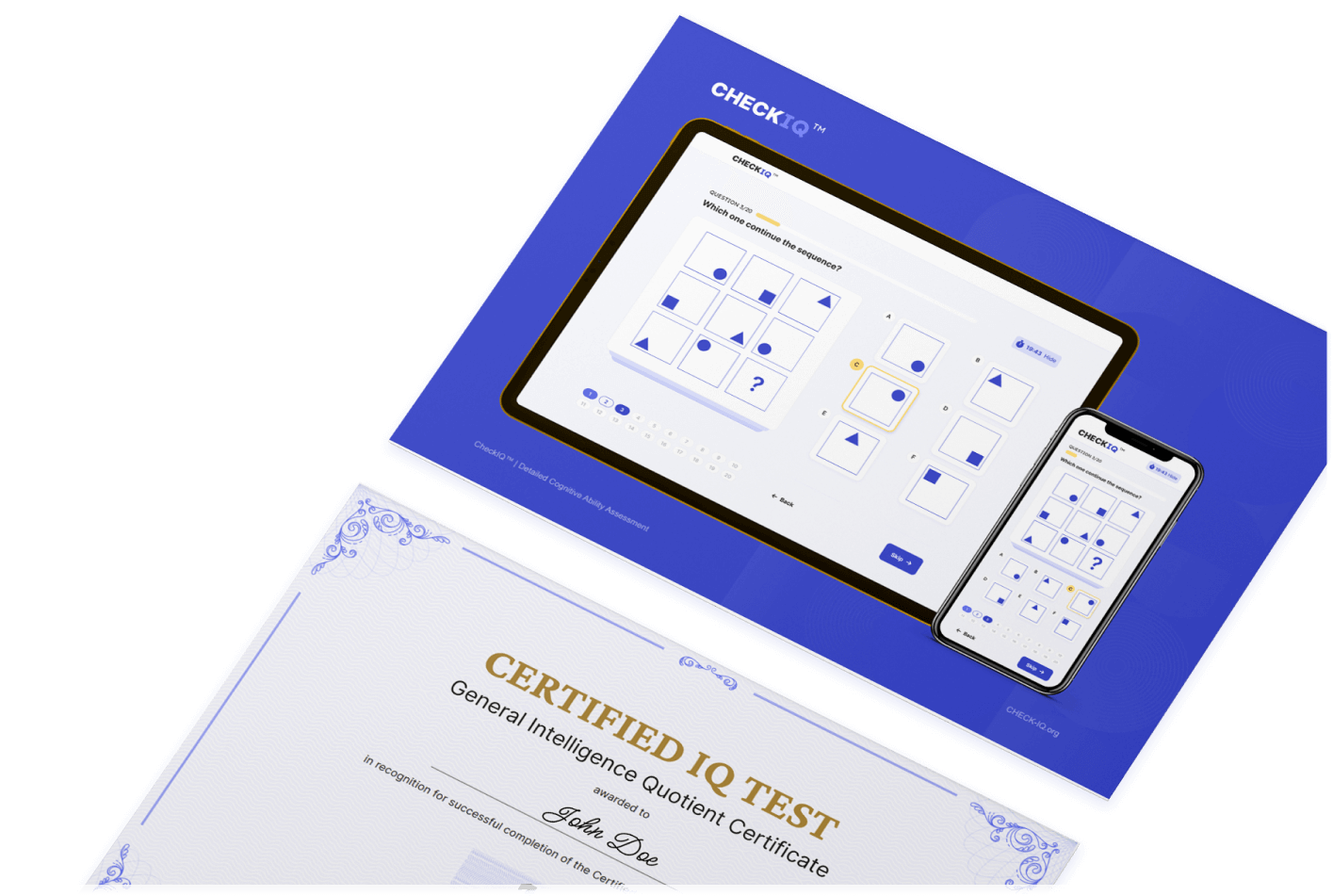
Find Out the IQ of Other Celebrities
-
 Rick Rosner192 IQ
Rick Rosner192 IQ -
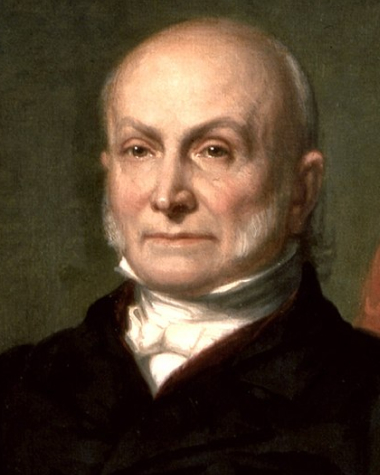 John Quincy Adams172 IQ
John Quincy Adams172 IQ -
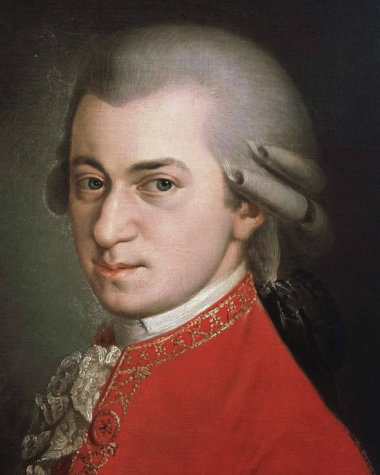 Wolfgang Amadeus Mozart150 IQ
Wolfgang Amadeus Mozart150 IQ -
 Kesha140 IQ
Kesha140 IQ -
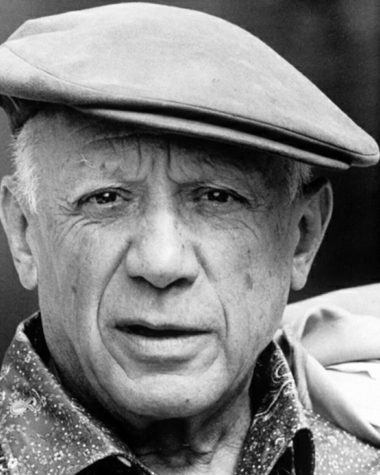 Pablo Picasso175 IQ
Pablo Picasso175 IQ -
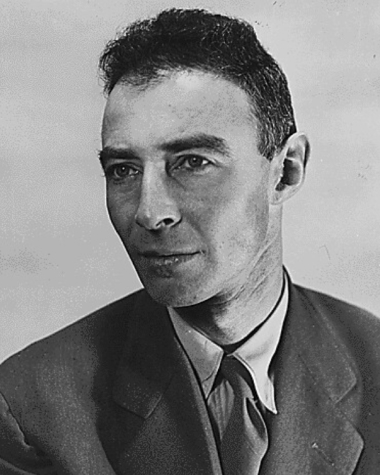 J. Robert Oppenheimer145 IQ
J. Robert Oppenheimer145 IQ
